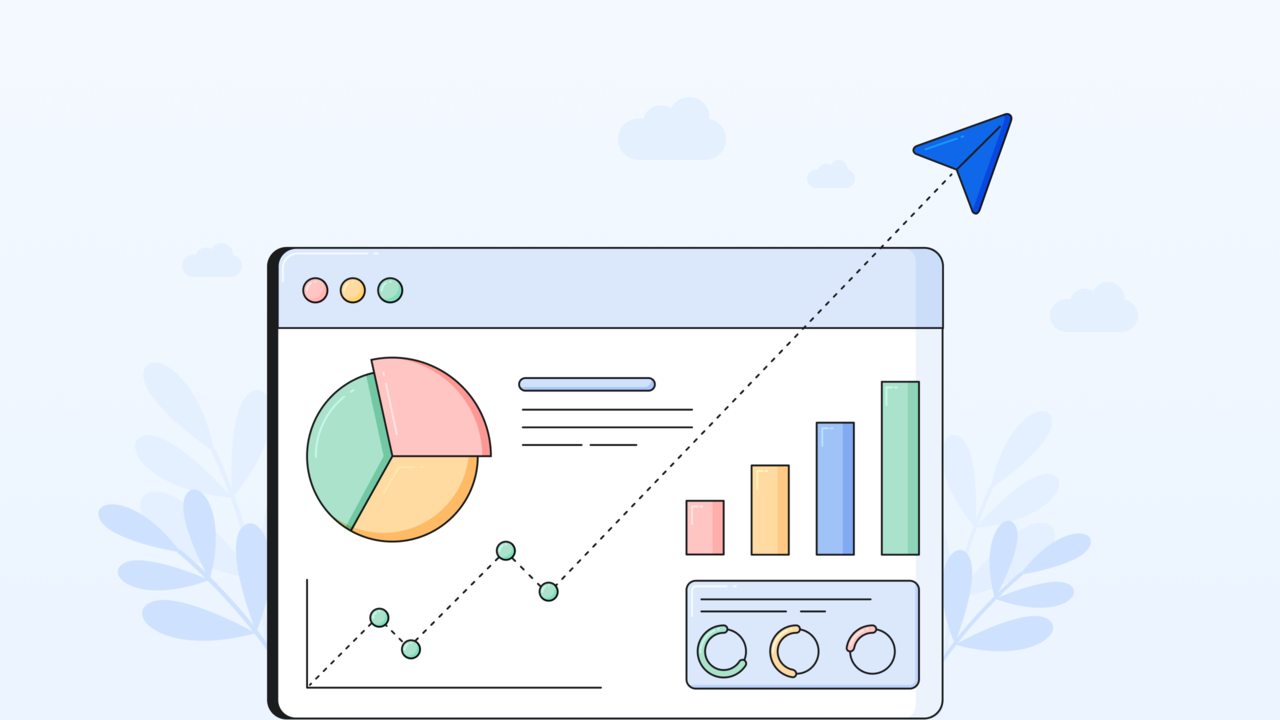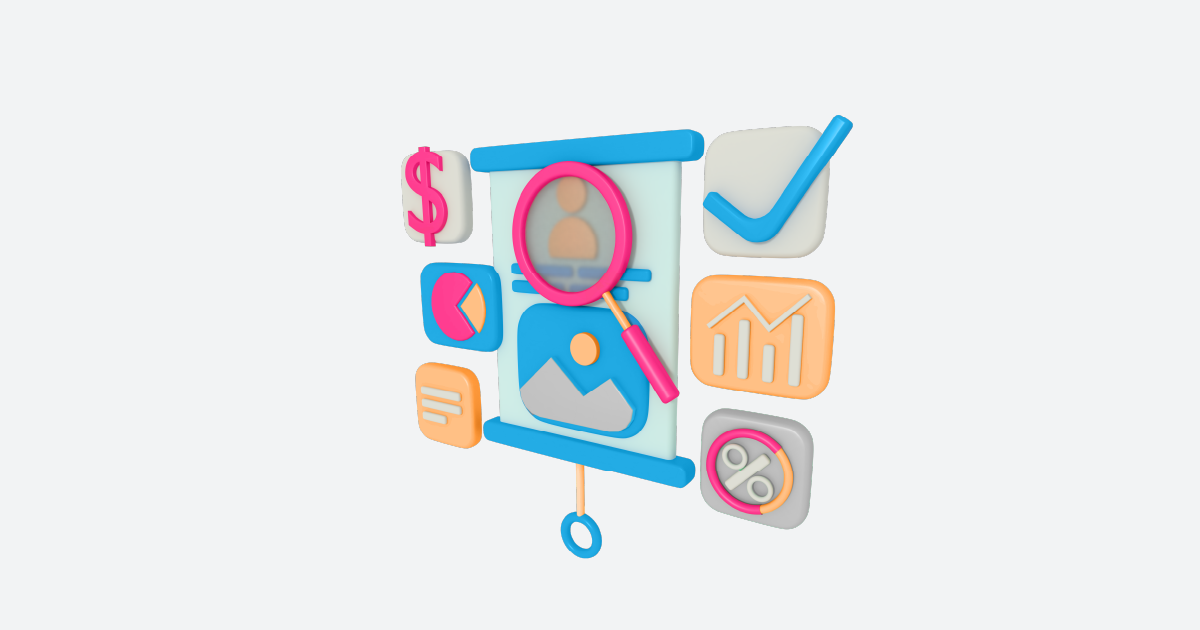In today’s fast-paced digital world, businesses are constantly navigating the complex landscape of social media. From understanding audience engagement to monitoring trends, there’s a lot to keep track of. But how do companies make sense of all this information? Enter social media reporting tools—an essential tool for any modern business.
What are Social Media Reporting Tools?

Social media reporting platforms are specialized tools designed to gather, analyze, and report on data from various social media channels. They help businesses understand how their social media efforts are performing by providing clear and actionable insights. Think of them as your social media data interpreters—transforming numbers and engagement metrics into meaningful strategies.
Why Do Businesses Need Social Media Reporting Tools?
Social media data can be overwhelming. Every tweet, like, share, and comment generates information that holds valuable insights. However, manually analyzing this data is like trying to find a needle in a haystack. Social media reporting platforms simplify this by offering organized data that’s easy to understand and use for decision-making. Whether it’s boosting a marketing campaign or enhancing customer support, these platforms ensure that businesses stay ahead of the curve.
Top Features
When selecting the right tool, it’s important to know what features to prioritize. Here are some key features every business should look for:
Real-Time Analytics
Instant insights are crucial for businesses to react swiftly to market changes. Real-time analytics allow you to monitor social media activities as they happen, ensuring that you don’t miss any critical information.
Data Visualization
Data is only useful when it’s easy to interpret. With tools like graphs and charts, social media reporting tools make it easier to understand complex data sets at a glance.
Multi-Platform Integration
Managing multiple social media accounts can be chaotic. The right platform will allow you to gather data from all your accounts in one place, whether it’s Facebook, Instagram, Twitter, or LinkedIn.
Customizable Reports
Every business has unique reporting needs. Customizable reports let you tailor the data to reflect what’s most important to your business goals.
Types of Social Media Reporting Tools
There’s a wide variety of social media reporting tools available, each offering different levels of features. Let’s break them down:
Free vs Paid Platforms
While free platforms may be appealing to small businesses or startups, they often come with limitations. Paid platforms offer more comprehensive features, making them ideal for businesses looking to scale their social media efforts.
Cloud-Based vs On-Premise Solutions
Cloud-based platforms offer flexibility and ease of access from anywhere, making them ideal for remote teams. On-premise solutions, while more secure, may require more IT resources and infrastructure.
How Social Media Reporting Enhances Marketing Strategy
Social media reporting platforms do more than just crunch numbers. They play a vital role in shaping a company’s marketing strategy. For example:
Tracking Engagement Metrics
Engagement metrics like likes, shares, and comments help businesses understand how their content is resonating with their audience. With social media reporting, you can track these metrics to improve your future campaigns.
Measuring ROI
These platforms also make it easier to calculate the return on investment (ROI) of your social media campaigns, ensuring that your marketing efforts are both cost-effective and impactful.
Top Social Media Reporting Tools in 2024
Here are some of the best platforms available in 2024:
Platform 1: AIM Insights
A versatile tool offering in-depth analytics and customizable reporting features.
Platform 2: Hootsuite
Known for its user-friendly interface, Hootsuite allows businesses to manage multiple social media accounts from a single dashboard.
Platform 3: Google Analytics
While primarily known for website analytics, Google Analytics can also track social media data when integrated properly.
Platform 4: Buffer
Buffer excels in scheduling posts and providing simple yet effective reporting features.
Benefits of Using Social Media Reporting Platforms
Utilizing a social media reporting platform offers a range of benefits:
Time-Saving Automation
Automated reports save hours of manual work, allowing teams to focus on strategic decision-making.
Comprehensive Data Analysis
These platforms provide a 360-degree view of your social media activities, helping you uncover trends and patterns that might go unnoticed.
Enhanced Team Collaboration
Many platforms offer collaboration tools that make it easier for marketing teams to work together on social media campaigns.
Challenges
Of course, no tool is without its challenges:
Data Overload
Sometimes, too much data can be overwhelming. It’s important to filter out unnecessary information to focus on what matters.
Privacy Concerns
Social media platforms often change their privacy policies, which can impact the amount and type of data you can collect.
How to Choose the Right Social Media Reporting Tool
Choosing the best platform depends on your specific business needs. Here are some factors to consider:
Budget Considerations
While it may be tempting to go for the most feature-rich platform, it’s important to balance your needs with your budget.
Features Matching Business Needs
Not all platforms offer the same features. Make sure the one you choose aligns with your business objectives.
Ease of Use
If a platform is too complicated, it might not be worth the investment. Look for intuitive tools that your team can quickly adopt.
Real-Life Success Stories
Company A’s Success with Platform X
Company A managed to increase its social media engagement by 40% within three months by using Platform X’s real-time analytics and customized reports.
How Platform Y Boosted Company B’s ROI
By switching to Platform Y, Company B saw a 25% improvement in ROI, thanks to its in-depth data analysis and user-friendly interface.
Future Trends
The future of these platforms looks exciting, with new technologies on the horizon:
AI and Machine Learning Integration
Advanced algorithms will soon help businesses predict trends and automatically adjust strategies based on real-time data.
Predictive Analytics
Platforms will become more proactive, offering suggestions on how to improve future campaigns based on past performance.
Tips for Maximizing Social Media Reporting Tools
To get the most out of your social media reporting tools:
Set Clear Goals
Before diving into reports, make sure you have clear objectives. What do you want to achieve with your social media efforts?
Customize Reports for Different Stakeholders
Different departments may need different insights. Customize your reports to ensure that everyone gets the data they need.
Integrating Social Media Reporting with Other Marketing Tools
Social media reporting platforms can become even more powerful when integrated with other marketing tools, such as:
CRM Integration
Combining social media data with customer relationship management (CRM) tools provides a complete picture of your customer’s journey.
Email Marketing Platforms
Use insights from social media reports to improve your email marketing campaigns by targeting the right audience with the right content.
Conclusion
Social media reporting platforms are an indispensable asset for any business that wants to stay competitive in the digital space. From tracking engagement to making data-driven decisions, these platforms offer the tools necessary to elevate your social media strategy. In a world where data is king, using the right platform can be the difference between success and stagnation.
To see how social media reporting can transform your business, request a demo from AIM Technologies today and discover how our cutting-edge solutions can provide you with actionable insights to elevate your marketing efforts.




